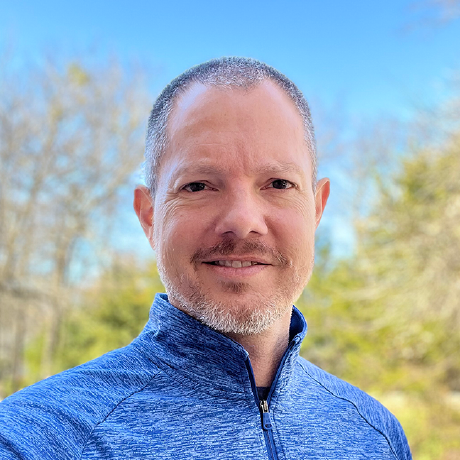GitHub is a fish bowl
When you create a public repository on GitHub, the whole world can watch you work. As developers, we feel the need to say "But wait, it's not done yet!"
@pengwynn ah not worth advertising yet, lol.just hacked that up last night.
— risk _danger_ olson (@technoweenie) December 31, 2011
@pengwynn thanks for the mention, positive response so, far…I was planning do an announcement once it gets a little polish
— Richard Schneeman (@Schneems) December 28, 2011
But that's the whole point of social coding isn't it? In addition to just sharing code, aren't we supposed seek out those developers more skilled than we are and learn a thing or two? After all, if we were only interested in deconstructing finished products, there would be no Food Network. The same goes with software. Watching a project come together is a chance to peek into how software is built.
I started watching Rick's Faraday project when it only was a few commits old (before it was even called Faraday if I recall correctly). Rick's approach to REST wrappers seemed intriguing and he graciously fielded my questions as I started using it in a few pet projects. I liked it so much I began spreading the word at conferences and meetups, and out of that came Faraday Middleware.
Faraday is now appearing in all sorts of Ruby projects and enjoys a growing network. Mislav is doing a great job moving the project forward. Speaking for myself, it's doubtful if I would have been involved at all had I not caught Rick working one weekend in the fish bowl.

Engineering Director at Adobe, team builder, lifelong learner, author, and Jesus follower.